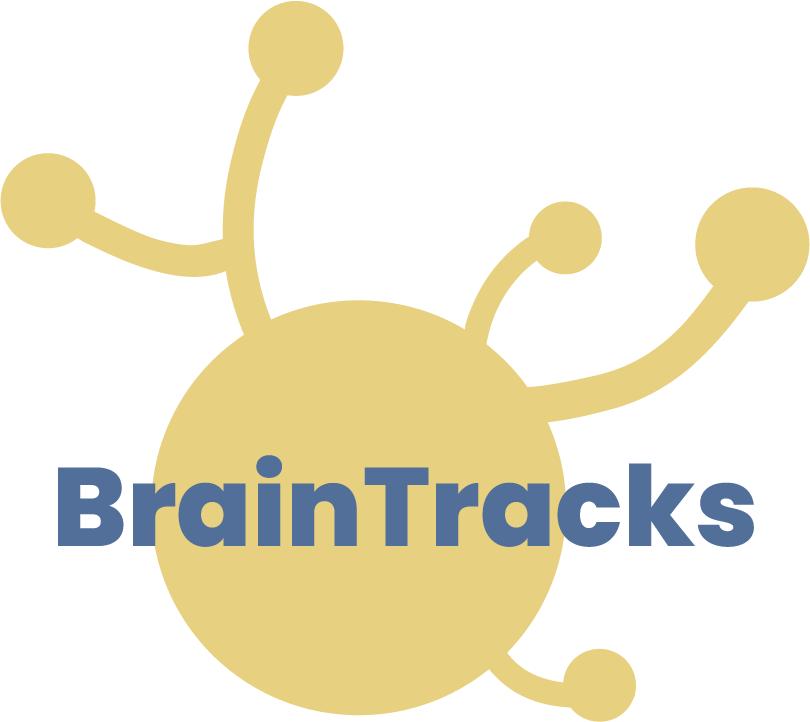What Are Executive Function Skills, and Why Are They Important?
What are Executive Function Skills?
Executive Function is a set of brain-based skills that help people be organized, focused, persistent, on time, productive, and emotionally steady. In the most basic sense, you can think of Executive Function skills as the self-management skills that help humans of all ages get things done and achieve their goals. At BrainTracks, we focus on 8 Executive Function skills that have a tremendous impact on classroom behavior and academic performance. The Executive Function wheel displays these skills, with Self-Regulation at the top of the wheel. Explore the interactive Executive Function Wheel to learn more about Executive Function skills.
As the demands of school increase each year, having well-developed Executive Function skills becomes critical in order to feel confident as a student and perform well in school; nevertheless, difficulties with EF are very common. Students who have been diagnosed with ADHD or other learning differences often have Executive Function challenges. However, students don’t always require a formal diagnosis when they struggle in this area. Sometimes, a student’s demands are simply too great for their current level of EF skills. This mismatch of demands and capacities can be commonplace, especially during transitions to middle school, high school, and college, when there is a significant increase in expectations for students.
Executive Function skills develop over time, from birth until a person is often in their mid-twenties. By the time they reach high school, students are typically expected to have well-developed Executive Function skills, but unfortunately, these critical life skills are not typically taught in school. With expert guidance and structure, students can learn to effectively manage themselves so that they are equipped for taking on challenges in school or in life. School is hard work for most kids and consistent academic performance requires stamina which is built on a foundation of solid Executive Function skills.
Why Are Executive Function Skills Important?
“When children have opportunities to develop executive function and self-regulation skills, individuals and society experience lifelong benefits. These skills are crucial for learning and development. ”
Students with strong Executive Function skills are better able to regulate their emotions, stay focused on their work, and manage their time effectively. As a result, they are more likely to perform well in school. On the other hand, students who struggle with Executive Function skills may have difficulty paying attention, remembering instructions, or staying organized, which can lead to poor school performance.
Not only do EF skills help students with their academics, but those same abilities also help young adults navigate independent living, maintain healthy relationships, and manage their finances and career paths. Executive Functioning is the very backbone of living a happy, healthy, and productive life. You can’t get more important than that!


